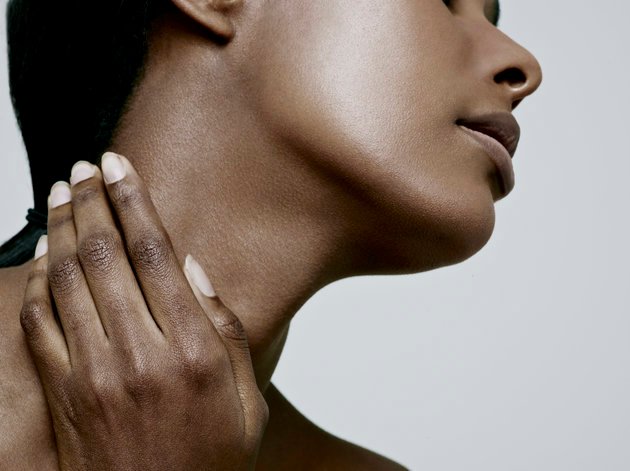While in skincare, toning is done to keep skin looking its best, a more extreme approach is bleaching which is frowned upon!
But both are usually confused for each other.
Toning is essentially in place to even out skin tone. It’s also a step in skincare to keep the skin tight and while bleaching is a totally different ‘ball game’, sometimes the skin needs to be catered too.
A lot of people will argue that they tone to fade discolouration and correct hyper-pigmentation and it might just be what they need for skin to come alive but around here.
A lot of people hear the word ‘TONE’ and they go off seeing it as skin bleaching which is totally loathe!
These quick pointers will get you started on these confused terms used in skincare:
Toning involves using toners, washers, lotions and even serums to cleanse the skin. They also help shrink pores. In some cases people tone (some based on dermatologist’s prescription) to even out uneven skin tone, correct dark spots, discolourations and so on.
Toning should actually be seen as part of a skin cleansing process because it benefits the skin, gets rid of dead skin cells and reveals a newer, clearer, cleaner and fresher skin. It automatically brightens dull skin as well.
Skin bleaching, however, involves using chemicals to lighten/whiten the skin. Skin bleaching products, which come as cream, soap, washes and more, usually contain harsh and toxic chemicals that strip the skin, disrupt melanin production amongst others.
With skin bleaching as well, this can be prescribed on persons with stubborn discolouration and hyper pigmentation but it comes with a lot of side effects largely skin cancer when not done by experts.
Skin bleaching is frowned upon as it’s become increasingly popular in recent times (with glutathione leading the course) and comes with grave reactions. A common ingredient for bleaching is mercury which comes with poisoning, skin thinning, premature skin aging, even worse acne reactions and more when overused!
When it comes to toning/bleaching due to skin problems, a dermatologist should be consulted if there’s a need to.

